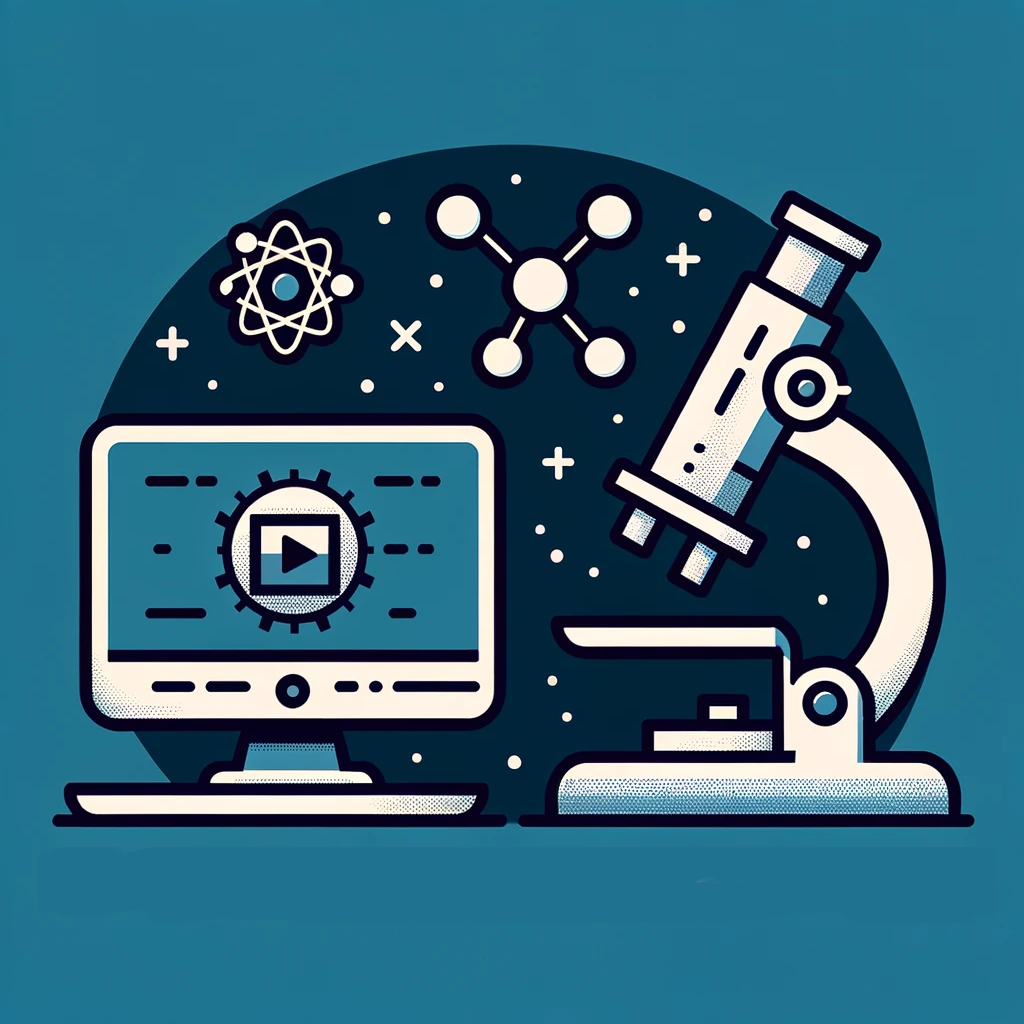Introduction
In the context of research, effective resource management is crucial as it directly influences the quality, timeline, and costs of research, ultimately determining the success of the project. By optimizing resource utilization, research teams can avoid overuse or waste of resources, address bottlenecks promptly, and enhance productivity and innovation.
Resource Management in research projects is a systematic process of planning, allocating, and utilizing resources efficiently and effectively throughout the lifecycle of a project. It involves understanding project requirements, managing constraints, and ensuring that the right resources are available at the right times to meet project goals.
Overview of Resource Types
In research projects, resources are typically categorized into five main types:
 |
Human Resources This includes the researchers, technicians, data analysts, and all personnel involved in the project. Their skills, expertise, and time are vital assets that drive the research forward. |
 |
Financial Resources These are the funds allocated for the project. Financial resources cover salaries, equipment purchases, software subscriptions, travel expenses, and any other costs associated with conducting the research. |
 |
Material Resources This category encompasses all physical assets required for the research, such as laboratory equipment, chemicals, computer hardware, and other tangible items necessary to conduct experiments or gather data. |
 |
Informational Resources These are the data, research literature, databases, and software tools that provide the necessary information and analytical capabilities for the research. Proper management ensures data integrity, accessibility, and security. |
 |
Time Resources This encompasses the scheduling and allocation of time for each task in a project, ensuring that research milestones and deadlines are met efficiently. Effective time resource management involves careful planning, scheduling, and monitoring of project activities. |
Human Resources
Human resources are the backbone of any research project, as the skills, expertise, and collaborative efforts of people drive the innovation and progress of the project. Efficient management of human resources ensures that the right people with the right skills are working effectively towards the project goals, fostering a productive and motivating environment.
Practical Tips in Management
| explanation | |
|---|---|
| Skill Mapping and Role Assignment | Clearly define the roles and responsibilities of each team member based on their expertise and the project needs. |
| Professional Development | Invest in training and development to enhance the skills of your team, ensuring they are up-to-date with the latest methodologies and technologies. |
| Performance Monitoring | Regularly review the performance and progress of team members to provide constructive feedback and address any issues promptly. |
| Recognition and Motivation | Recognize the contributions of team members in a manner that reflects the significance and impact of their individual efforts, fostering a supportive environment that motivates each member to perform at their best. |
Financial Resources
Financial resources are critical for procuring materials, hiring personnel, and supporting the various operational needs of a research project. Efficient financial management ensures that the project stays within budget and that funds are allocated optimally to maximize the value of the research outcomes.
Practical Tips in Management
| explanation | |
|---|---|
| Budget Planning | Develop a detailed budget that covers all potential expenses and regularly review and adjust it based on actual expenditures. |
| Cost Monitoring | Keep track of all project expenses to ensure that spending aligns with the budget and to identify any financial inefficiencies. |
| Funding Diversification | Explore various funding sources, including grants, sponsorships, and partnerships, to secure financial stability for your project. |
| Financial Reporting | Maintain transparent and accurate financial records, and regularly report the financial status to stakeholders and funding bodies. |
Material Resources
Material resources, including equipment, supplies, and facilities, are essential for conducting experiments, collecting data, and supporting the operational needs of a research project. Proper management ensures that these resources are available, maintained, and utilized effectively to support the research objectives.
Practical Tips in Management
| explanation | |
|---|---|
| Inventory Management | Keep an updated inventory of all materials and equipment, including their condition and availability. |
| Preventive Maintenance | Implement a regular maintenance schedule for equipment to avoid unexpected breakdowns and downtime. |
| Supplier Relations | Establish good relationships with suppliers for better negotiation on prices and quicker resolution of any issues. |
| Resource Sharing | Consider resource sharing agreements with other departments or institutions to optimize the usage of expensive or rarely used equipment. |
Informational Resources
Informational resources, such as data, research papers, and software tools, are vital for gaining insights, supporting decision-making, and ensuring the integrity and validation of research outcomes. Effective management ensures that these resources are accurate, accessible, and secure.
Practical Tips in Management
| explanation | |
|---|---|
| Data Management | Implement robust systems for data storage, backup, and recovery to ensure data integrity and availability. |
| Access Control | Establish clear policies for data access, sharing, and confidentiality to protect sensitive information. |
| Software Licensing | Keep track of software licenses and subscriptions to ensure that all tools are up-to-date and available for use by the research team. |
| Code Management | Implement consistent coding standards and version control systems to ensure code quality, manage changes effectively, and facilitate team collaboration. |
| Storage and Version Control | Utilize reliable storage solutions and robust version control practices to safeguard data and documents, ensuring their integrity and accessibility over time. |
| Documentation | Maintain thorough and organized documentation practices, using standardized templates and collaborative tools for easy access and knowledge sharing within the research team. |
| Literature Organization | Utilize reference management software to organize research articles and sources, making it easy to retrieve and cite information. |
In a research project, Informational Resources encompass crucial components such as:
1.
Data Management ensures the integrity, accessibility, and security of data, forming the backbone of research analysis and insights.
2.
Code Management, through practices like version control, maintains the consistency and trackability of software code, a critical element in reproducible and collaborative research.
3.
Storage and Version Control systems safeguard information, provide historical tracking of project progress, and facilitate efficient resource sharing.
4.
Documentation acts as the repository of knowledge, capturing the nuances of research methodologies, findings, and intellectual property, ensuring that every aspect of the research is recorded, understandable, and accessible for future reference.
Please utilize the links provided above to navigate to the corresponding detailed sections within this workbook. These sections are designed to offer in-depth insights, practical tips, and structured guidelines to assist you in effectively managing informational resources in your research project.
Time Resources
Time is a critical yet finite resource in research projects. Efficient time management ensures that project milestones are met, deadlines are respected, and the project progresses in a timely manner, minimizing delays and maximizing productivity.
Practical Tips in Management
| explanation | |
|---|---|
| Project Scheduling | Develop a realistic timeline for the project with clear milestones and deadlines for each phase of the research. |
| Priority Setting | Regularly review project tasks and priorities to ensure that efforts are focused on high-impact activities. |
| Time Tracking | Use time-tracking tools to monitor how much time is spent on various tasks and identify any inefficiencies or bottlenecks. |
| Flexibility | While adhering to the schedule, remain flexible and adaptable to accommodate unexpected changes or challenges that may arise. |
Interplay with Project Management
Resource Management in research projects is intrinsically interconnected with other aspects of Project Management. By understanding and integrating these components, researchers can ensure that resource management acts as a catalyst for project success, driving efficient progress and fostering innovation in research endeavors.
Project Strategy & Risk Management
Resource management strategies must align with the overall project goals and are crucial in identifying and mitigating risks related to resource availability, allocation, and utilization.
Collaboration & Communication
Effective resource management fosters a collaborative environment by ensuring that team members have the necessary resources to communicate, collaborate, and contribute effectively to the project.
Quality Assurance
Adequate resources are fundamental to maintaining high-quality standards in research. Resource management ensures that the necessary tools, techniques, and personnel are available to adhere to quality protocols and achieve reliable results.
Project Closing
Efficient resource management contributes to a smooth project closure by ensuring that resources are properly reallocated or decommissioned and that all financial and material accounts are settled appropriately.
Further Reading
Data ManagementOpen Science policy
FAIR principles
CARE principles
TRUST principles
Data Management Plan (hands-on)
Code Development & Management
Storage & Version Control
GIT - a distributed version control system
GIT Commands
Online hosting platforms for GIT repositories
Introduction to GitHub
GitHub - getting started
GitHub - getting started (class exercise)
Introduction to BitBucket
Documentation improvement tools
A Practical guide to managing research documentation
Tools for research documentation
Tools for code documentation
Introduction to Markdown
Quality Assurance
Project Closing
